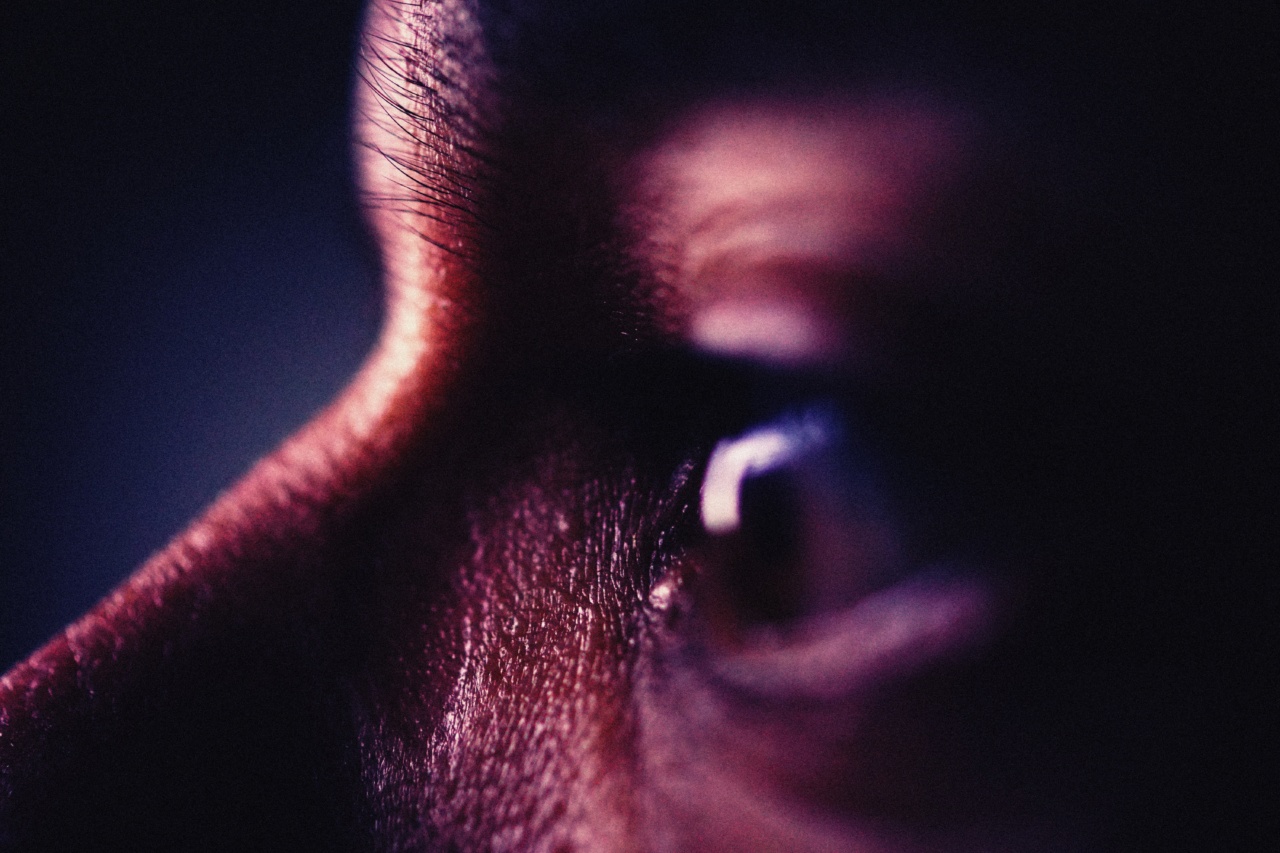Obsessive skin picking, medically known as dermatillomania, is a mental health condition characterized by a compulsive urge to pick at the skin, resulting in skin damage and scarring.
Individuals with dermatillomania tend to focus on imperfections such as pimples, bumps, scabs, or ingrown hairs, causing damage to their skin in the process. While dermatillomania is often perceived as a harmless habit, it can lead to serious physical, emotional, and social consequences, sometimes referred to as the “dark side” of this compulsion.
Physical Effects of Dermatillomania
Dermatillomania can have devastating effects on an individual’s physical health. The constant picking can lead to wounds, scabs, and scars, which in turn can cause infection and permanent skin damage.
People with dermatillomania often feel compelled to hide their condition, which can lead to shame and self-isolation, further exacerbating the problem.
In addition to the physical consequences of the condition, individuals with dermatillomania may also experience other medical issues, such as nerve or muscle damage from overusing certain parts of their body to pick, or infections from touching unclean surfaces before picking at their skin.
Emotional Effects of Dermatillomania
The emotional effects of dermatillomania can be as devastating as the physical effects. Because the condition may be seen as a simple bad habit, many people with dermatillomania do not seek help until the behavior becomes out of control.
This can lead to feelings of shame and anxiety, which can exacerbate the compulsive behavior. Many people with dermatillomania also experience depression, anxiety, and other mental health issues as a result of their condition.
In addition, individuals with dermatillomania may also experience a decrease in self-esteem and confidence, due to the visible damage to their skin.
Many people with dermatillomania feel ashamed of their skin and may avoid social situations or wear clothing that hides their condition.
Social Effects of Dermatillomania
Dermatillomania can also have a significant impact on an individual’s social life. Many people with dermatillomania avoid social situations or activities that involve exposing their skin, which can lead to feelings of isolation and loneliness.
In addition, people with dermatillomania may experience negative reactions from others who do not understand their condition. This can lead to further feelings of shame and anxiety.
Furthermore, dermatillomania can also affect an individual’s professional life.
People with the condition may find it difficult to perform tasks that require the use of their hands, or to work in certain occupations that require healthy skin, such as healthcare or food service. This can affect their ability to support themselves financially and lead to further feelings of anxiety and depression.
Treatment for Dermatillomania
Dermatillomania is treatable, but it is important to seek professional help as soon as you begin to notice the compulsion. Treatment is typically done through a combination of therapy and medication.
A therapist can help you understand the underlying causes of your dermatillomania and develop strategies to manage the compulsive urges. Medications such as antidepressants or anti-anxiety medications can also be helpful in reducing the severity of the urges.
In addition, many people with dermatillomania find it helpful to join support groups or seek out online resources for guidance and support.
Sharing your experiences with others who understand what you are going through can be a powerful tool in overcoming the condition.
Conclusion
Dermatillomania can have serious physical, emotional, and social consequences for those who are affected by it. Anyone who feels like they may be struggling with this condition should seek professional help as soon as possible.
With the right treatment, it is possible to manage the compulsive urges and live a healthy, fulfilling life.






























